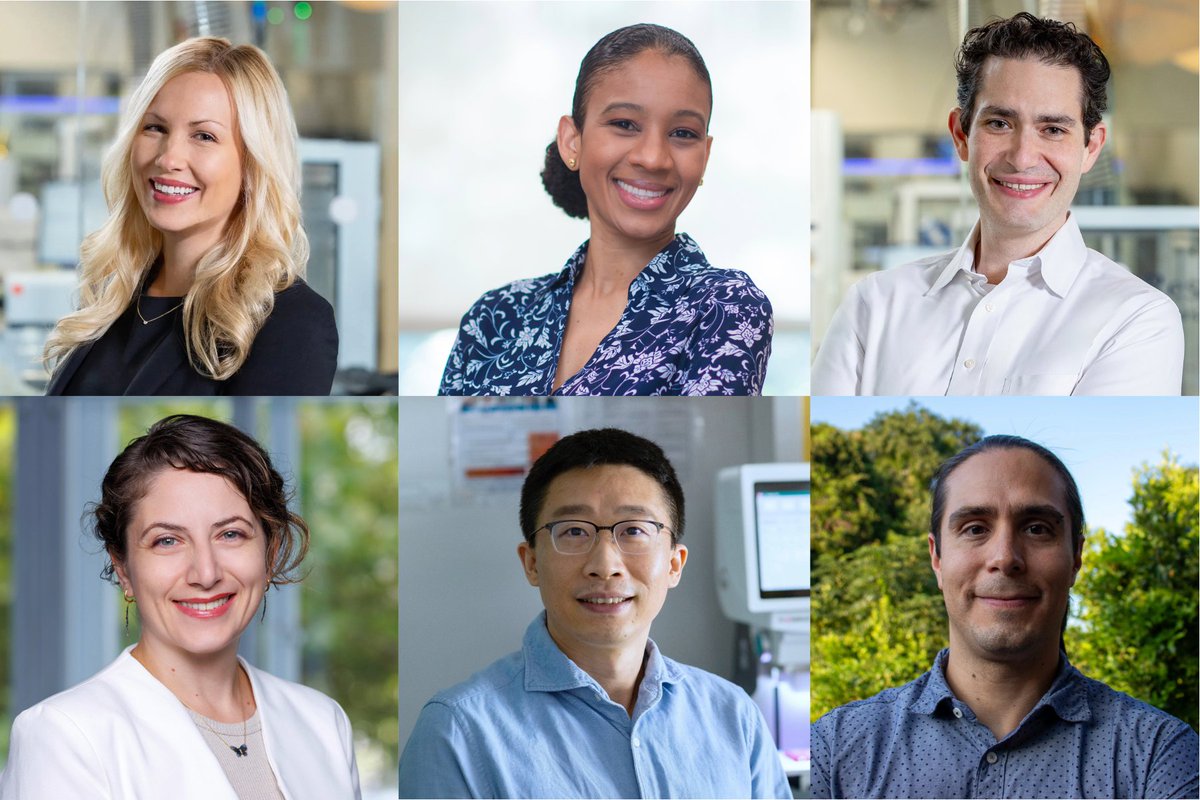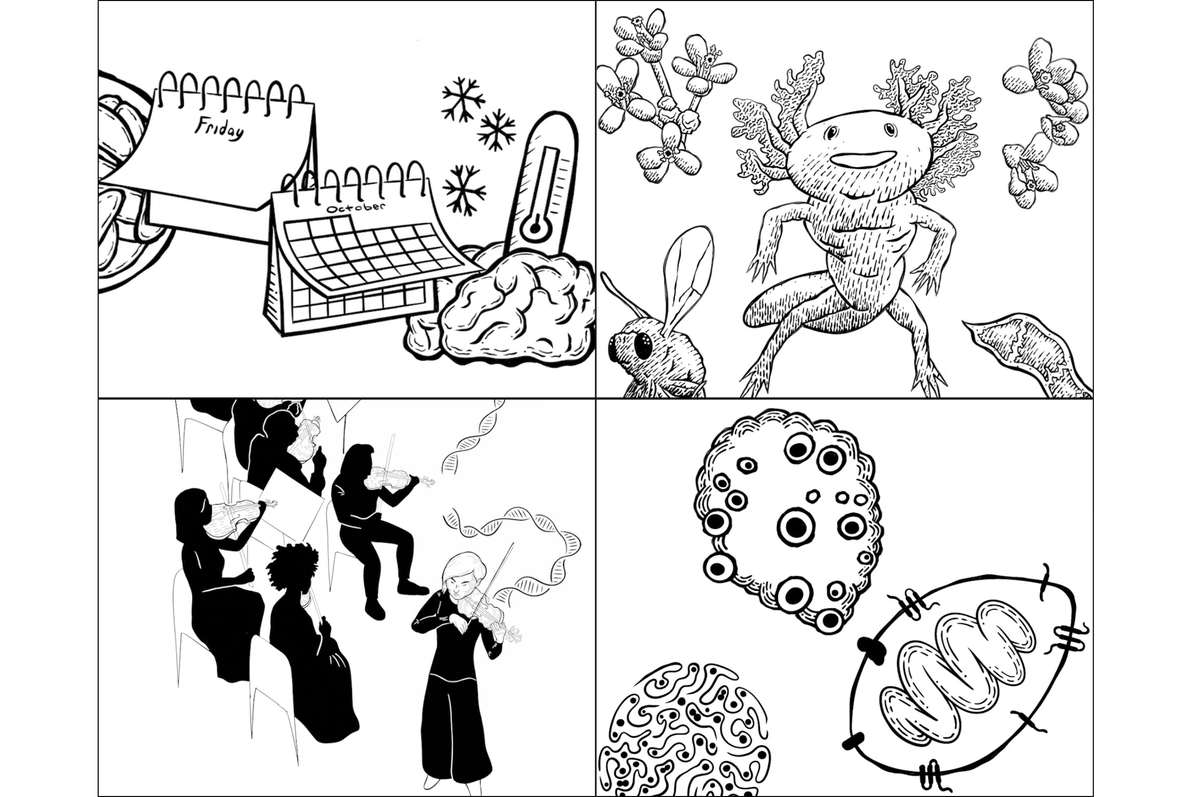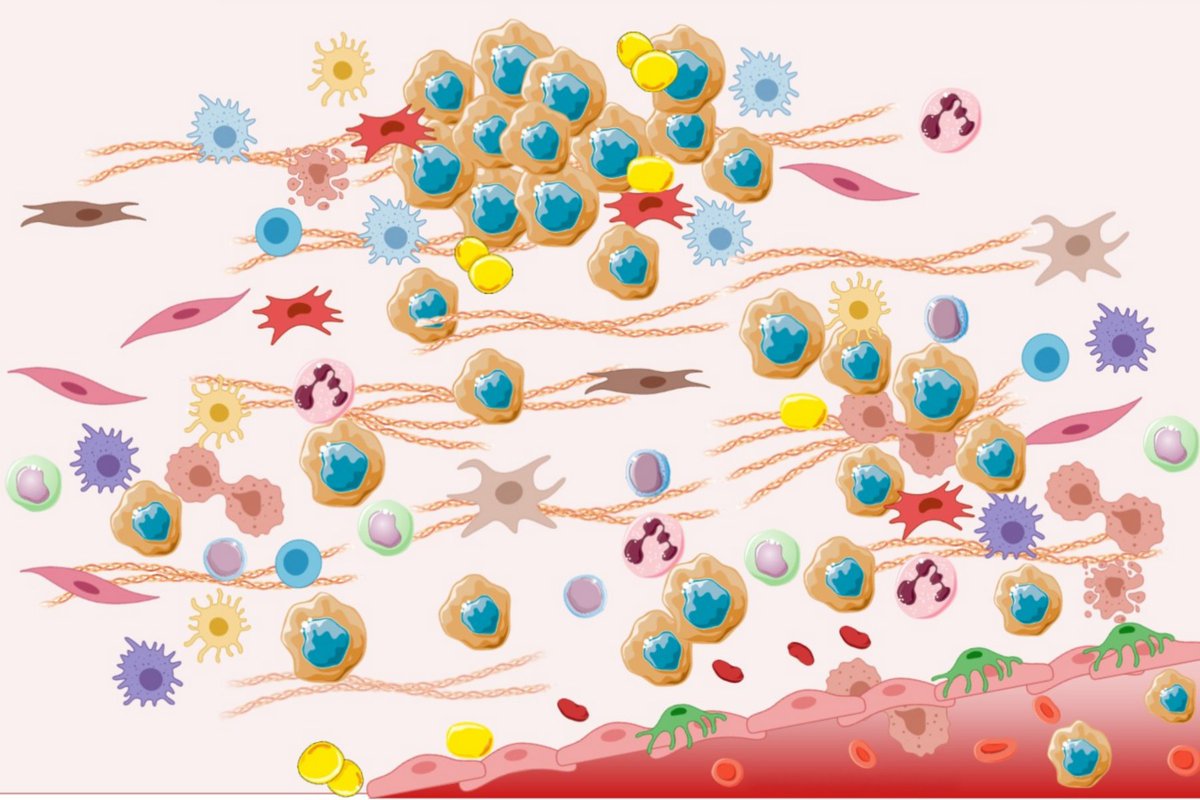
Whitehead Institute
@whiteheadinst
Whitehead Institute is a world-renowned, non-profit scientific institution dedicated to improving human health through basic biomedical research.
ID: 835828592
http://wi.mit.edu 20-09-2012 15:45:00
5,5K Tweet
15,15K Followers
359 Following


We've been asking Whitehead Institute scientists to give us their elevator pitch! In the first installment of #Sciencein60, grad student Xochitl Luna describes her research on microglia, the brain's resident immune cells that play a role in MS. Xochitl Luna Olivia Corradin


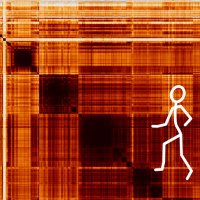
Exciting work from the lab led by Luke Koblan Katie Yost Pu Zheng William Colgan


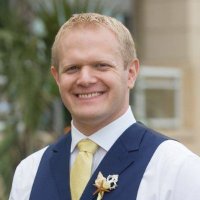
1/ I'd like to share a major part of my postdoctoral work, co-mentored by Rudolf Jaenisch and Richard Young, and a major collaboration with Olivia Corradin Corradin Lab, all at Massachusetts Institute of Technology (MIT) MIT Biology and Whitehead Institute.

Meet our alums! Six Whitehead Institute alumni reflect on how their time at the Institute informed their careers, and share updates on where they are now. wi.mit.edu/news/meet-whit… (Diego Huet, Isaac Klein, Shawn Liu)
